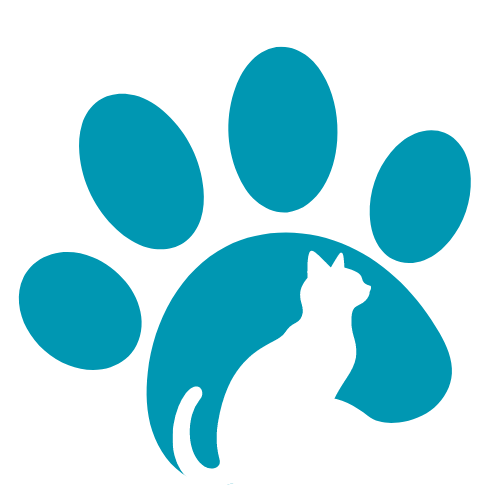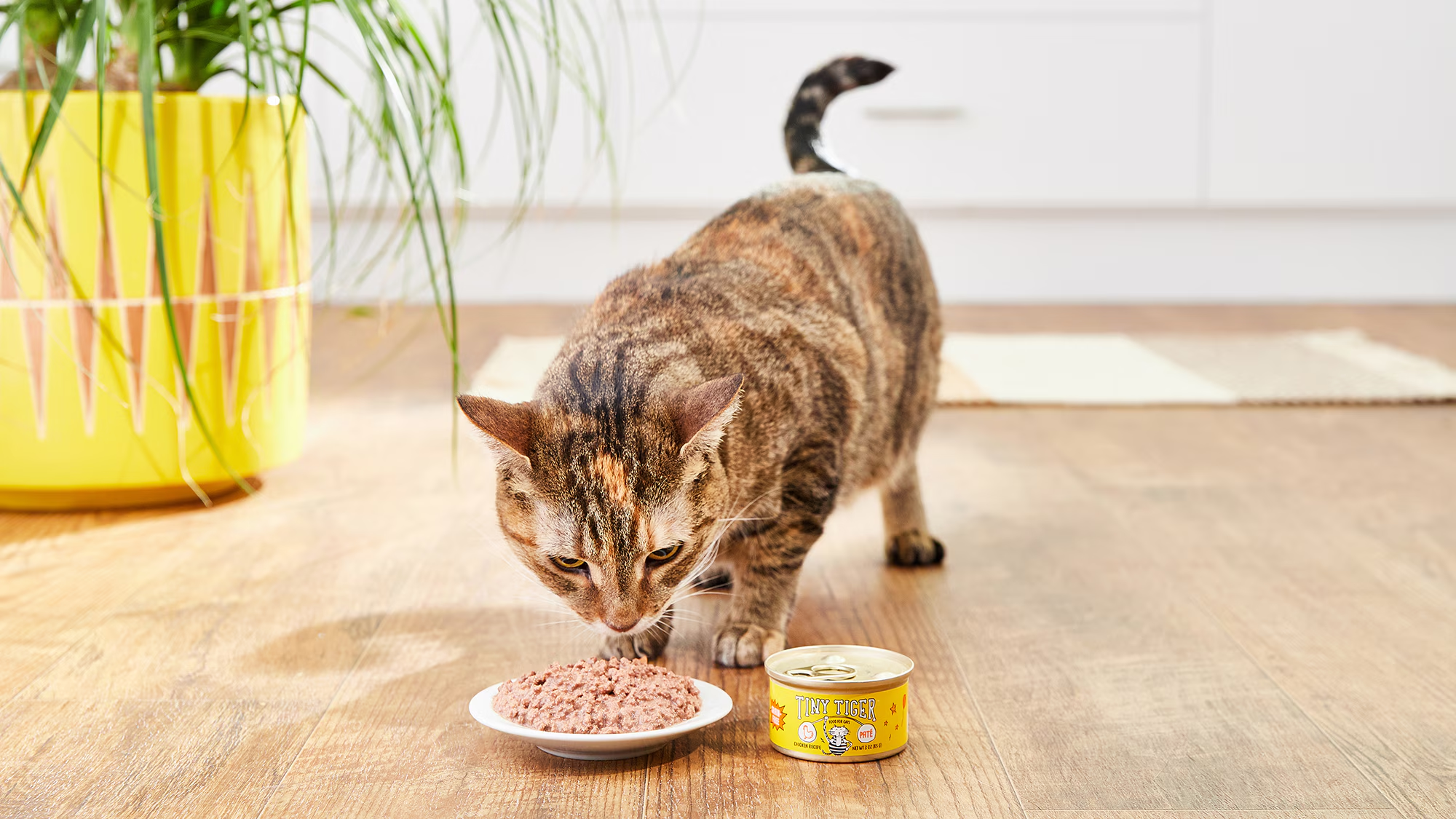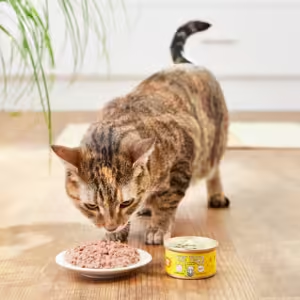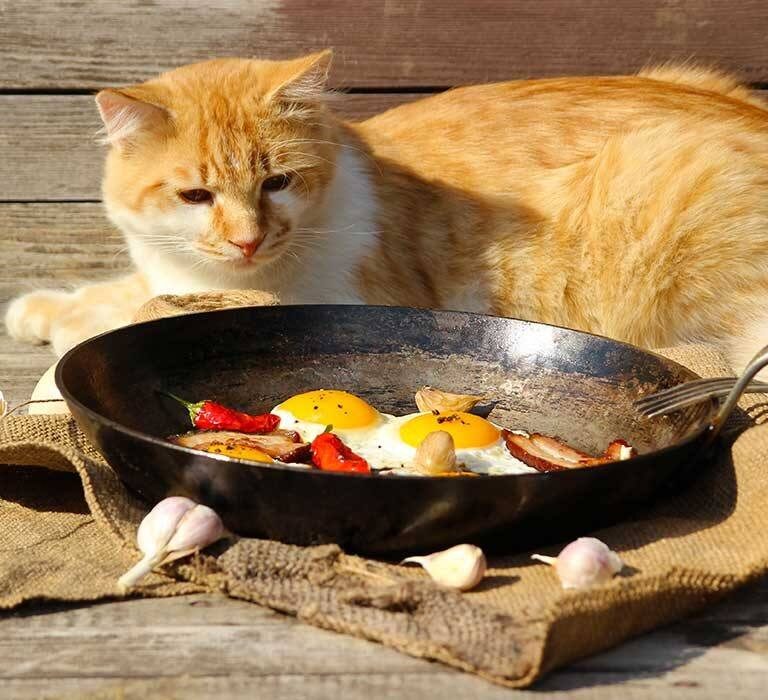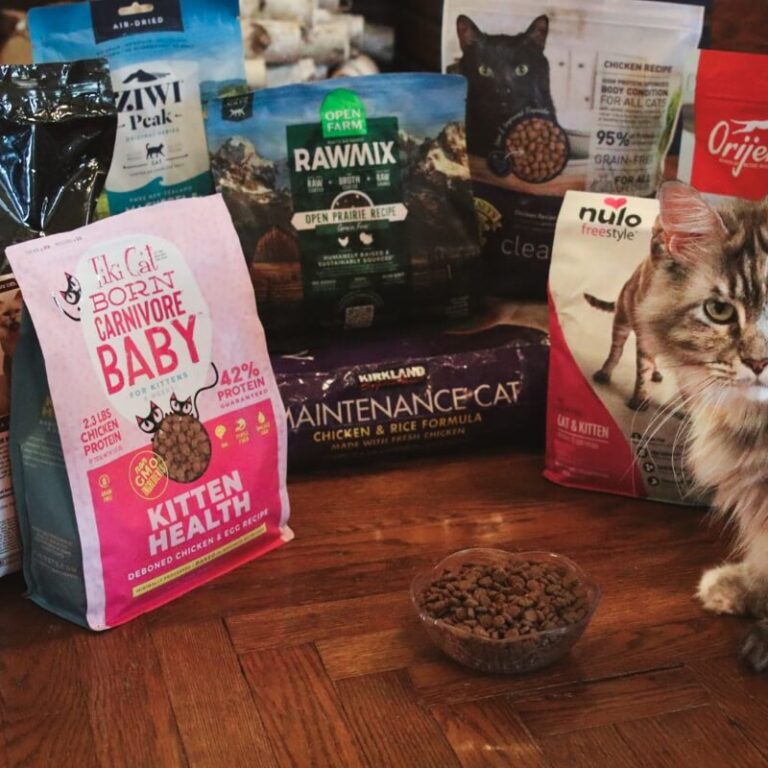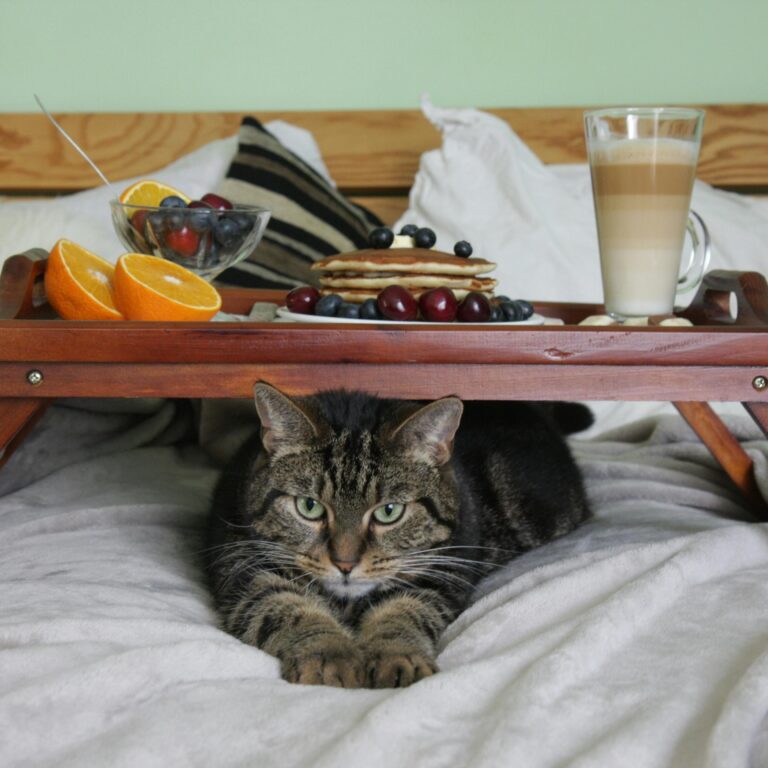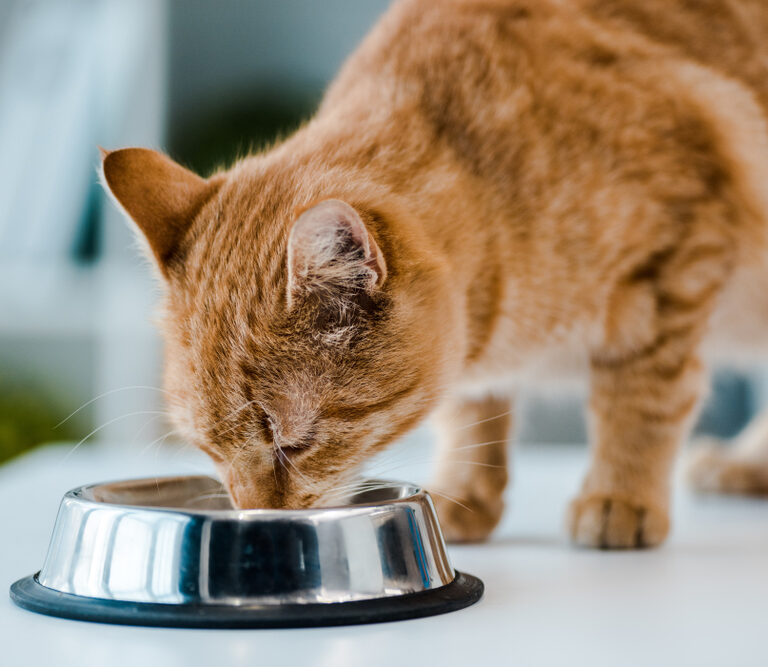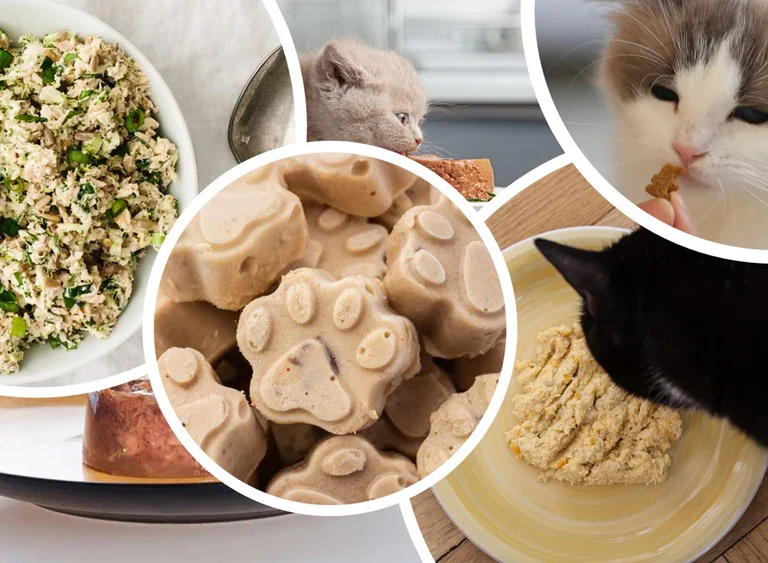Does Grain-Free Cat Food Benefit Your Cat?
Grain-free cat food has recently become popular in the pet food industry. Many cat owners feed their kittens grain-free food for health reasons. With the rise of these diets, it is important to understand grain-free cat food and whether it is right for your pet.
Learn more about grain-free cat food
Grain-free cat food does not contain wheat, corn, soy, and barley. Instead of grains, these diets use sweet potatoes, peas, or lentils to provide energy for cats. Grain-free cat food is tailored to the cat’s normal diet, which is high in protein and low in carbohydrates. This better meets the cat’s essential carnivorous dietary needs.
Natural cat diet
Cats are born to eat protein and small amounts of carbohydrates. In the wild, they eat small mammals, birds, and insects. These foods provide amino acids, lipids, vitamins, and minerals for their health. Grains are harder for cats to digest and may not provide enough nutrients. Grain-free cat food promotes health by meeting their natural dietary needs.
Better Digestion
Grain-free cat food can improve digestion. Cats who have difficulty digesting grains can cause diarrhea, vomiting, and bloating. A grain-free diet eliminates these foods, which minimizes stomach upset. Grain-free cat food contains easily digestible protein and fiber, which makes it easier to digest and improves digestion. As a result, your cat may have better bowel movements and digestion.
Managing Allergies and Sensitivities
Food allergies can cause itching, skin irritation, and gastrointestinal upset in cats. Some cats have severe reactions to grains, a common allergy. A grain-free diet can minimize allergic reactions and sensitivities. For cats with allergies to chicken or beef, grain-free cat food can contain novel protein sources, such as duck or fish, that may not cause allergic reactions.
Control Your Weight and Stay in Good Shape
Grain-free cat food helps control weight and body composition. Conventional cat foods that contain large amounts of grains can cause weight gain because cats eat more carbohydrates than they need. However, a grain-free diet provides more protein and fewer carbohydrates, which helps maintain weight and metabolism. A grain-free diet can help cats maintain a healthy weight by meeting their natural nutritional needs.
Increased energy
Other benefits of grain-free cat food include providing more energy. A high-protein, low-carb diet can boost your cat’s energy and vitality. They stay active and playful because their bodies use protein efficiently for energy. Cats on a grain-based diet, on the other hand, may feel tired because their bodies store excess carbohydrates as fat. Switching to a grain-free diet can make your cat more active and playful, as well as happier and healthier.
Healthy skin and hair
A grain-free diet can help improve skin and hair. Many grain-free cat foods contain omega-3 and omega-6 fatty acids, which are essential for healthy skin and a shiny, smooth coat. These nutritious fats prevent inflammation, dry skin, and flaky skin. A diet that promotes healthy skin and coat can help your cat look and feel better.
Improve Nutrition
Grain-free cat foods generally have better nutritional profiles. These diets contain more high-quality animal proteins, essential fats, and beneficial nutrients. After eliminating grains, manufacturers focus on providing your cat with a balanced diet of vitamins, minerals, and antioxidants. This improved diet can improve immunity, bone strength, and overall health.
Things to Consider Before Switching
Grain-free cat foods have many benefits, but before you make the switch, consider your cat’s needs. Some cats thrive on a grain-based diet. Age, weight, health, and personal preferences all affect your cat’s diet. Before making any major dietary changes, consult your veterinarian, who can provide personalized recommendations based on your cat’s individual needs.
Potential Risks of a Grain-Free Diet
There are pros and cons to a grain-free diet. Recent research has found a link between grain-free diets and canine dilated cardiomyopathy (DCM), a heart disease that affects dogs. Although the data is inconclusive, pet owners and veterinarians are still concerned.
